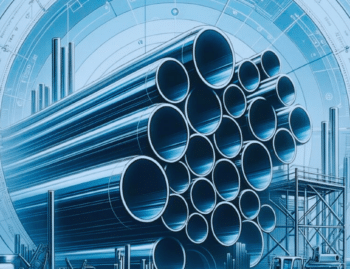The term “heavy metal” brings images of long-haired, head-banging rockers to mind. But where did the term heavy metal actually come from, and does it actually have anything at all to do with metal?
Let us take a closer look into the history of this unique term coined for music.
Dissecting the Word
So, the first thing we should do is actually look at the meaning of the words. Generally, heavy refers to a weight of an object. But, looking back at the beatnik era of the 1950s, the word “heavy” was used as meaning serious or profound. So using that word to describe music, as in the lyrics, makes sense.
This then brings us to the whole use of metal in the description of this genre. Most metals are heavy in nature, so it seems this adjective works with the noun. Also, take into consideration that most of the original heavy metal bands actually used a metal in the name of the band.
Case in point is the following: Iron Maiden, Led Zepplin, Iron Butterfly, and Metallica.
If that wasn’t enough, most heavy metals, in the chemical meaning, are somewhat toxic in nature. This goes along with the whole image of the heavy metal band going against society and not being the norm.
Does “Heavy Metal” music have anything to do with metal?
This poses an interesting question. While the actual sounds of the music are not made with metal, the first bands that coined this term hailed from Birmingham in the United Kingdom.
Birmingham used to be the center of metal goods manufacturing in the United Kingdom. Bands like Black Sabbath, Judas Priest, and Led Zepplin came out of this metal mecca.
Sadly, with the decline of manufacturing of metal, the most metal you can hear in this area are the bands that hailed from there many years ago.
So I guess you could say that heavy metal music has it origins within the metal manufacturing centers of an era that is long gone. As the years have gone by, the sounds of metal music have dulled, but the attitude and spirit of the hard, fast, and heavy guitars can still be heard, just as the clanking of hammers against metal echo in the air.











